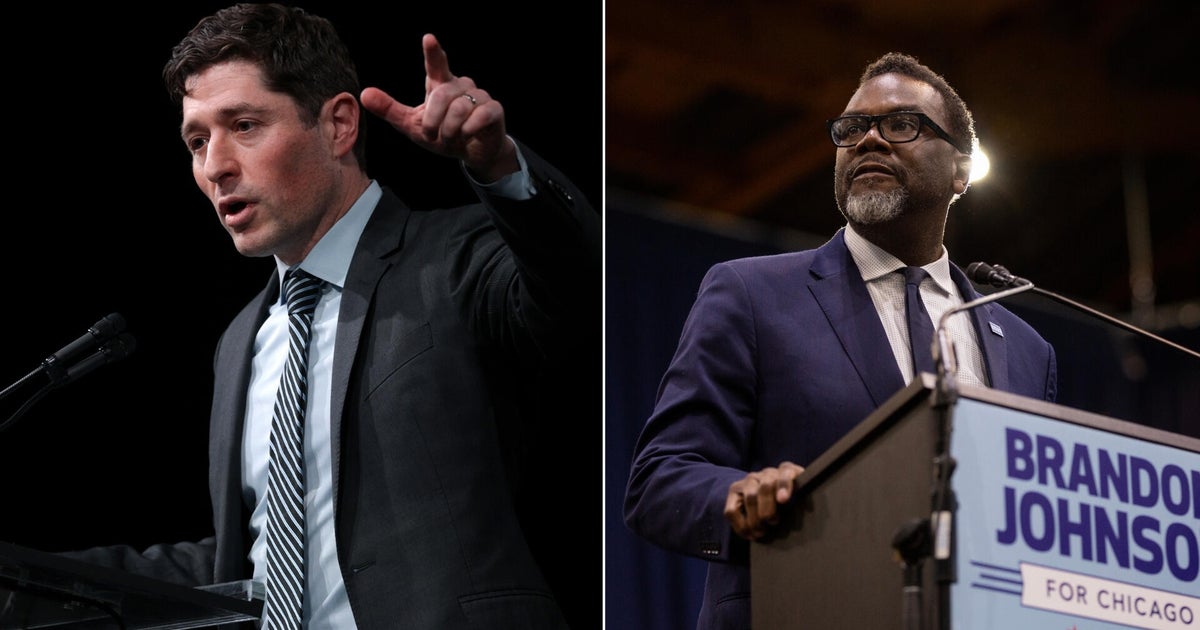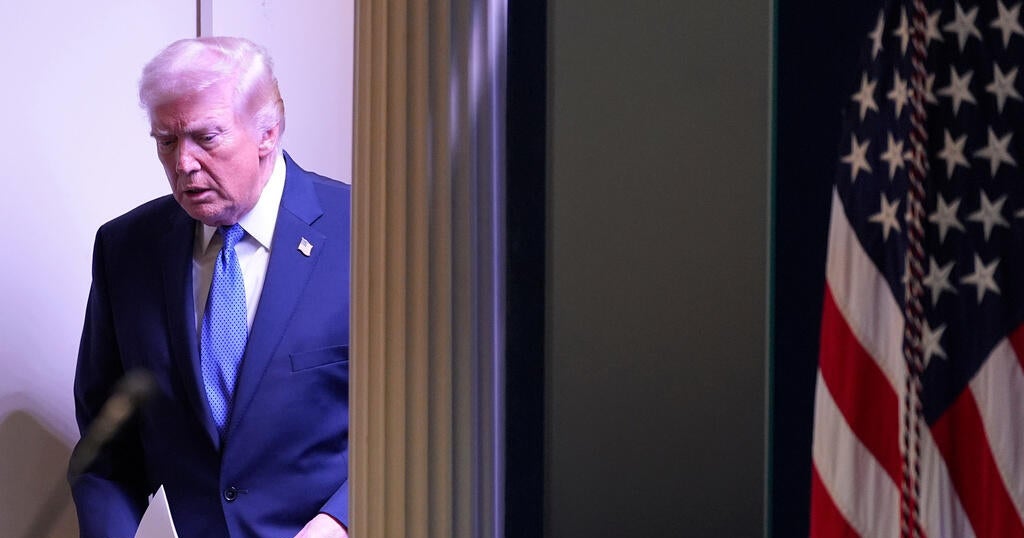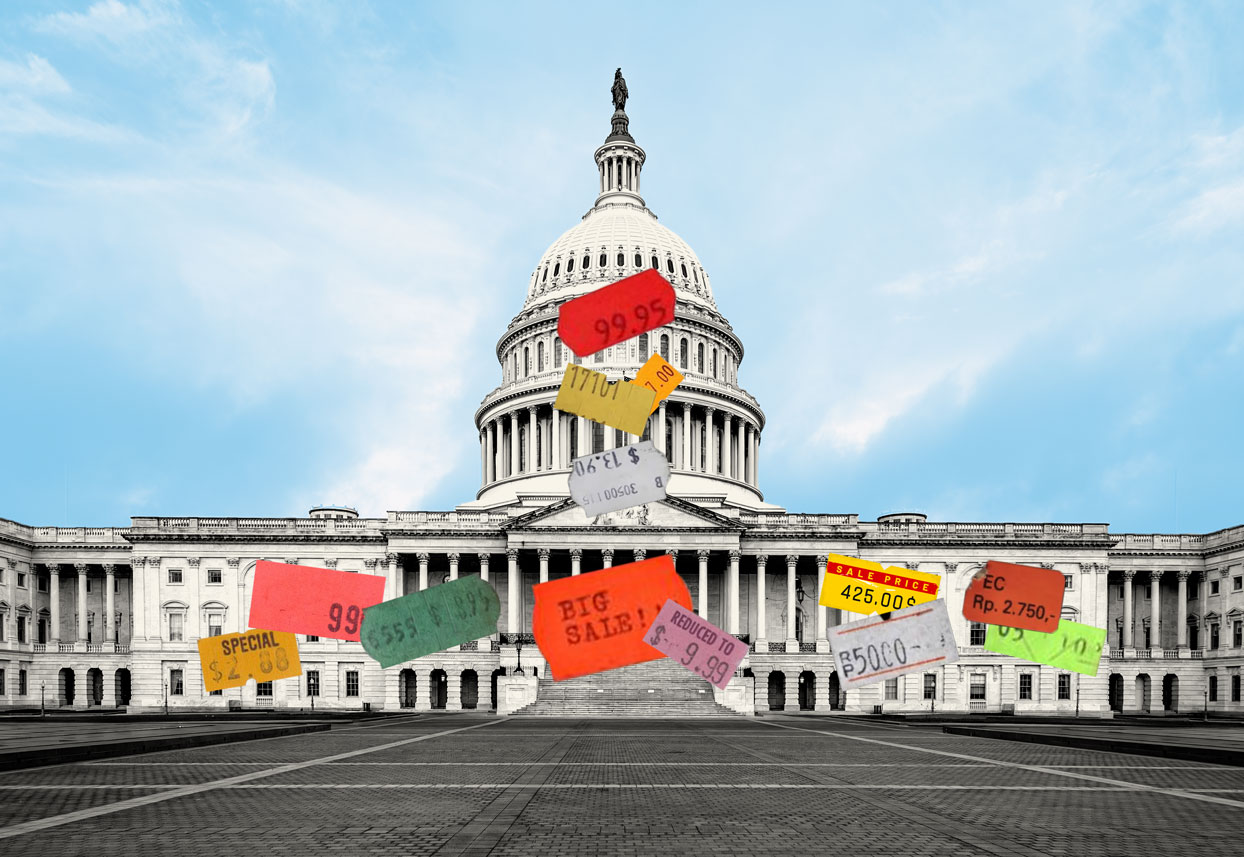How Woodward's book could put Trump in a "place of vulnerability" ahead of November
Newly-released excerpts and audio recordings from journalist Bob Woodward's new book, "Rage," could undo the Trump campaign's efforts to paint a "law and order" portrait of the United States under Donald Trump by returning to a conversation the president had been trying to steer away from — the coronavirus pandemic.
"It resurrects the pandemic as an issue," CBS News chief Washington correspondent Major Garrett told "CBS This Morning" Thursday. "These revelations bring the pandemic and all of its complications, all of its disruptions right back front and center. And that is a place of vulnerability for this president."
Mr. Trump took part in 18 interviews with Woodward over the course of seven months. In a February audio recording obtained by the Washington Post, the president admitted the severity of the coronavirus even as he held indoor campaign rallies and repeatedly compared the virus to the flu.
In the recorded interview, Mr. Trump acknowledged that COVID-19 "goes through air" despite continuing to speak at packed events.
"It's also more deadly than your, you know, even your strenuous flus," the president can be heard saying. "This is 5% versus 1% and less than 1%, you know, so this is deadly stuff."
In contrast, the Trump campaign has spent months bolstering the White House's response to the pandemic — but according to Garrett, the revelations puncture the president's "confidence and optimism" about the coronavirus in the U.S.
He referenced Mr. Trump's March 7 trip to the CDC in Atlanta, where he spoke to doctors and was "essentially projecting to the country, a month after he'd already disclosed to Bob Woodward how serious he knew the virus was, that he knew everything that needed to be known, and it wasn't a big deal."
"What did that cost the country? It cost the country the ability to mobilize," Garrett said.
By publicly downplaying the virus, Mr. Trump had delayed "a serious national conversation" about containment measures such as masks, social distancing and prioritizing which places should open and what should stay closed, Garrett said.
"We did not have that conversation," Garrett said. "It was lost in the president's perpetual optimism about where the virus was and where it was going — that he misread that is an absolute fact and will be on the ballot in November."
The pandemic has hit the U.S. harder than any other nation in the world, leading in both number of cases and deaths.
With the national death toll climbing past 190,000, Garrett said the president's reelection numbers could slide, even in Mr. Trump's politically safest areas.
"Lots of his supporters know that he's optimistic and strong, true. But if that optimism and that strength cost the country things that it wishes it hadn't been cost and imposed difficulties people are so tired of, there's only one person to blame for that — the president of the United States," he said.
That uncertainty could prove useful to Mr. Trump's rival, former Vice President Joe Biden, Garrett said. Throughout the pandemic, the Democratic nominee has emphasized the importance of social distancing and mask wearing, as well as listening to scientists whose views often clashes with the president's.
"That gives the Biden campaign something it hasn't had in two and a half weeks — a clear shot to reengage the conversation about what this president did, what he knew, and most importantly what he didn't say about the pandemic," Garrett said.



